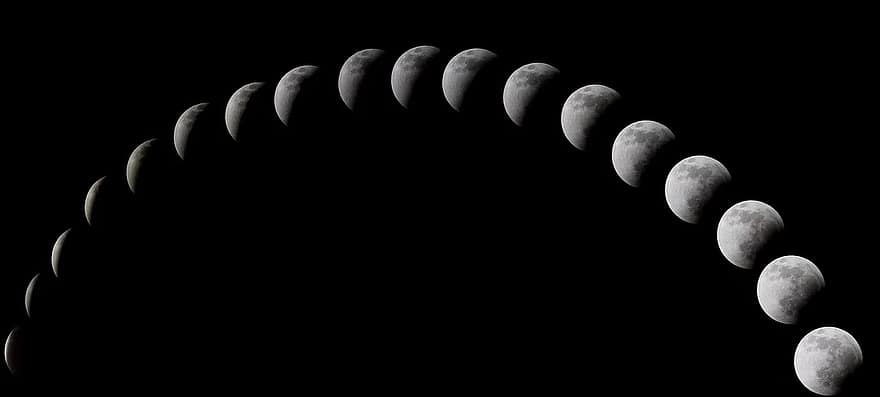Moon Mythology
Just about every culture has or had a lunar deity in one form or another.
We Westerners are well-accustomed to the Greek goddess of the moon, Artemis, and her Roman equivalent, Diana, the two leaders of the hunt who symbolized many things including both chastity and fertility. Twin of the god Apollo (named the same in both Greek and Roman), she was born far out at sea, her mother having been forbidden from giving birth on terra firma. It is perhaps in this that the ancients had an understanding of the intrinsic connection between the phases of the moon and the ebb and flow of the tides.
Lunar Ideas
There is something haunting in the light of the moon; it has all the dispassionateness of a disembodied soul, and something of its inconceivable mystery.
—Joseph Conrad, Lord Jim, 1900
Treading the soil of the moon, palpating its pebbles, tasting the panic and splendor of the event, feeling in the pit of one’s stomach the separation from terra … these form the most romantic sensation an explorer has ever known … this is the only thing I can say about the matter. The utilitarian results do not interest me.
—Vladimir Nabakov, in The New York Times, July 21, 1969, commenting on the arrival of the first man on the moon
If the moon looks larger here than in Europe, probably the sun looks larger also. If the heavens of America appear infinitely higher, and the stars brighter, I trust that these facts are symbolical of the height to which the philosophy and poetry and religion of her inhabitants may one day soar…. I trust that we shall be more imaginative, that our thoughts will be clearer, fresher, and more etheral, as our sky,—our understanding more comprehensive and broader, like our plains,—our intellect generally on a grander scale, like our thunder and lightning, our rivers and mountains and forests,—and our hearts shall even correspond in breadth and depth and grandeur to our inland seas. Perchance there will appear to the traveler something … of joyous and serene, in our very faces. Else to what end does the world go on, and why was America discovered?
—Henry David Thoreau, in his essay, Walking, 1862
